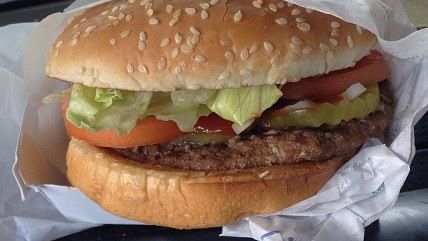Burgers and Donuts
Tax inversion battle

Sen. Sherrod Brown (D-Ohio) has some advice for Americans about where to eat lunch: "Burger King's decision to abandon the U.S. means consumers should turn to Wendy's Old Fashioned Hamburgers or White Castle sliders," he said in an August statement.
The fast food restaurant that offers customers the chance to "Have It Your Way" drew the senator's ire after rumors that it had plans to acquire Canadian donut outpost Tim Horton's for $11 billion. Picking up a company with headquarters across the border means that Burger King could choose to manage its taxes differently, recording foreign income as part of its Canadian tax bill-where it would face the lower basic corporate tax rate of 26.5 percent, rather than the 40 percent U.S. rate.
Such "tax inversions" have become a political hot potato, and the Whopper hawkers are shying away from that interpretation of their interest in Tim Horton's. "We don't expect our tax rate to change materially," Burger King Chief Executive Daniel Schwartz said in an August conference call, referencing the fact that the company's effective tax rate is already 27 percent, thanks to various breaks and loopholes. "This transaction is not really about taxes. It's about growth."
As Washington dives into election season, Congress and the White House are mulling a variety of changes designed to limit inversion's attractiveness. Options range from a House Republican-favored rewrite of the corporate tax code to simplify and reduce rates to the more modest White House instructions to the IRS about how to handle the process through existing bureaucratic channels.


Show Comments (0)